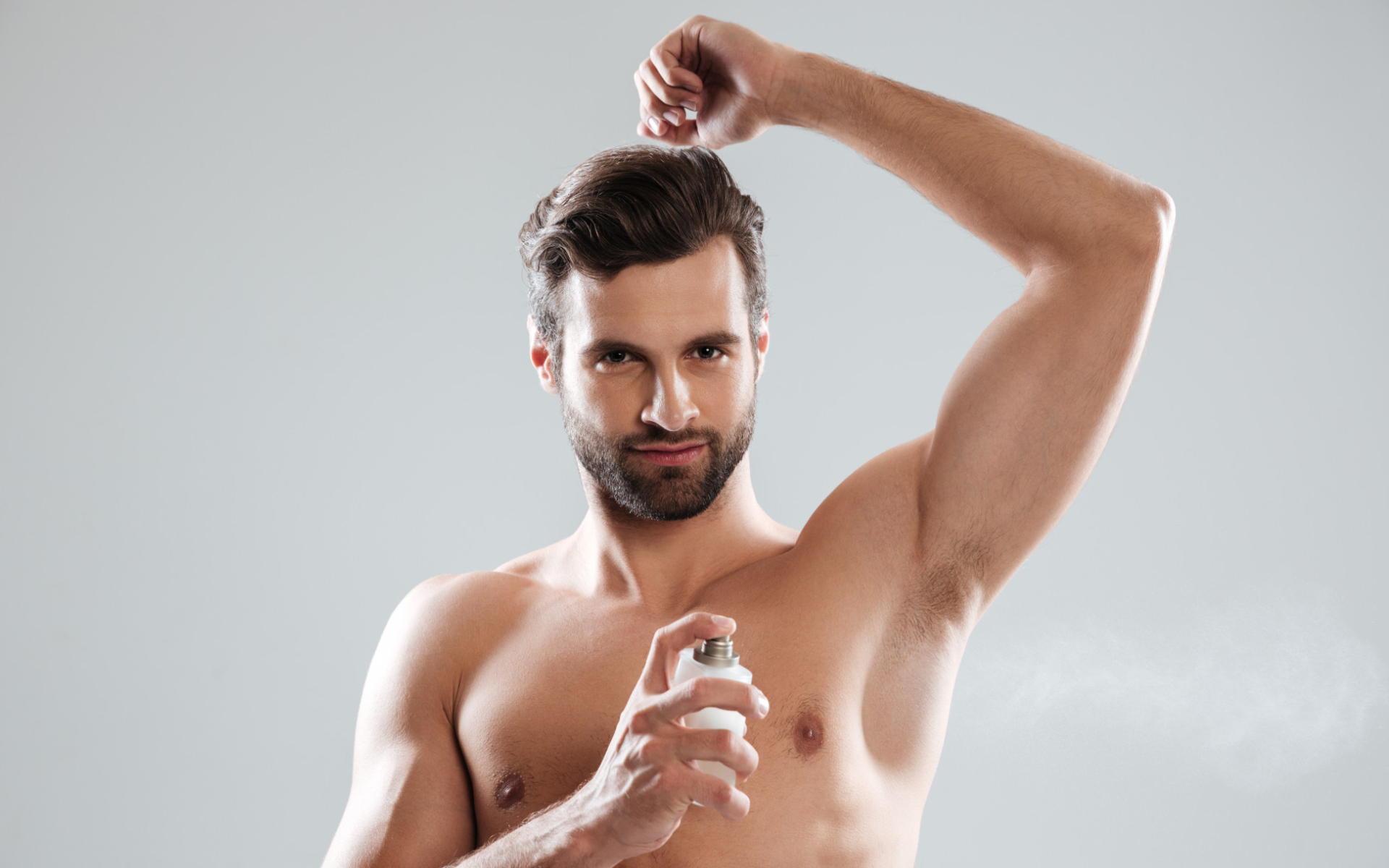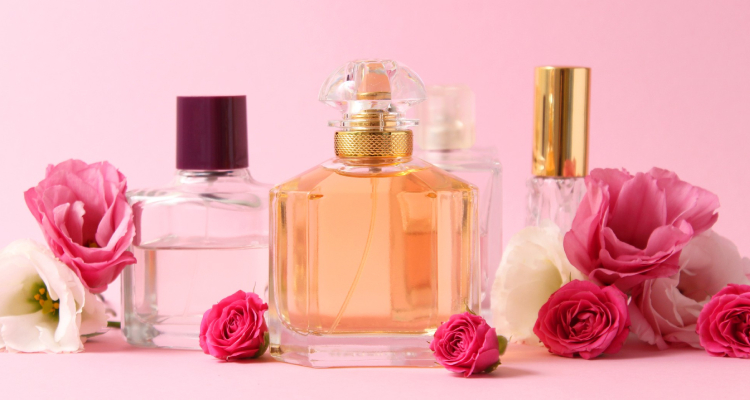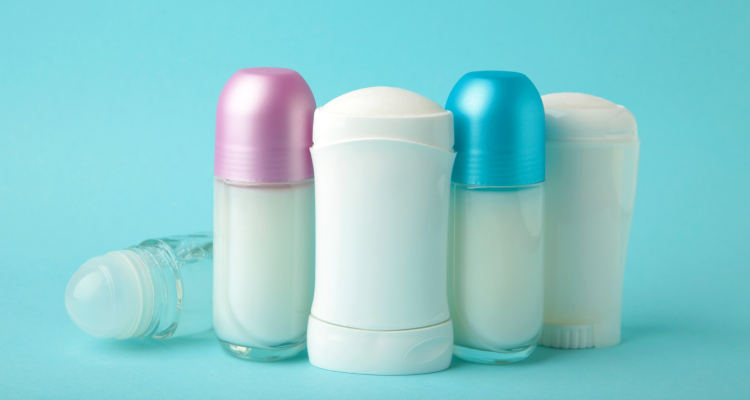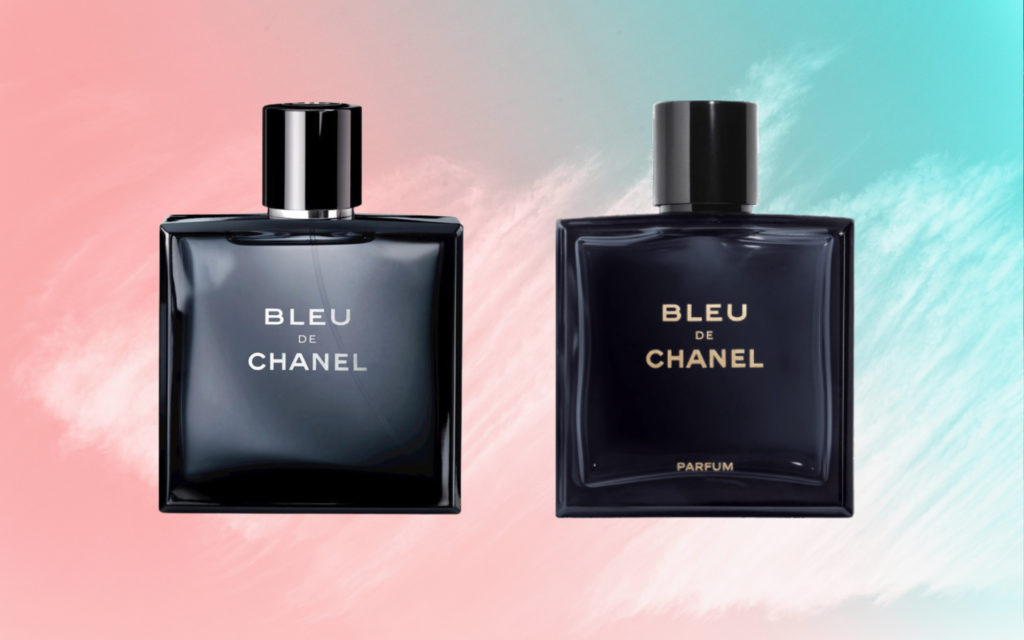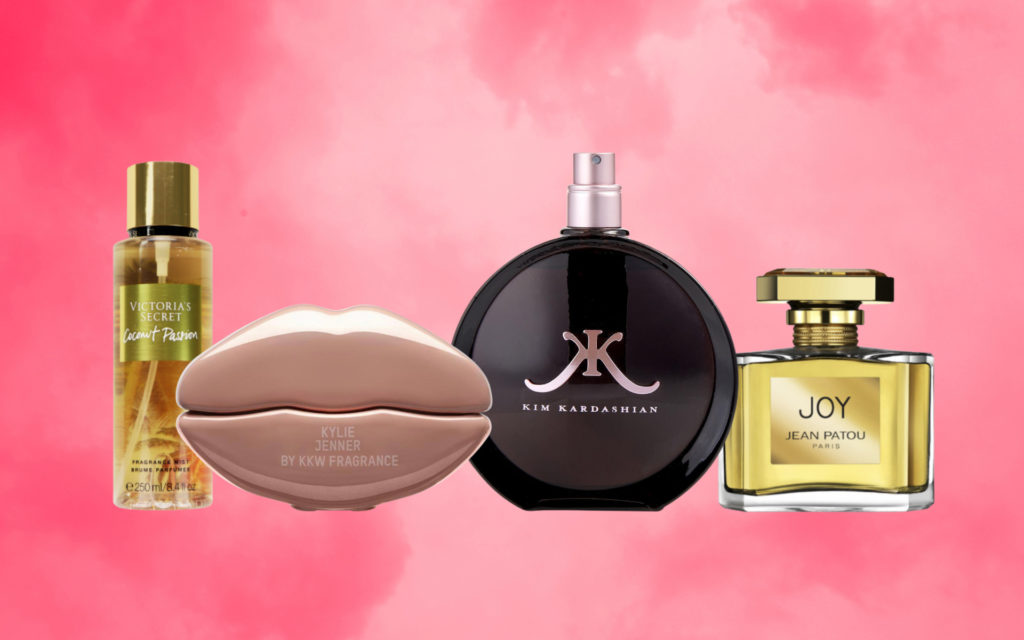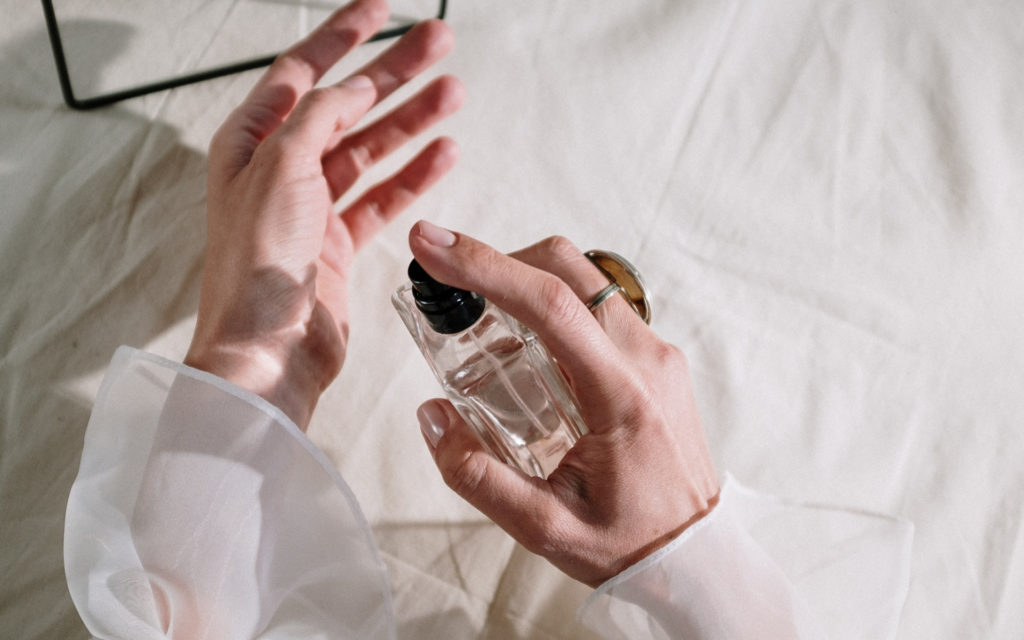Are you stuck in a pinch without deodorant and contemplating using perfume instead?
One fun fact is that although both products are designed to make us smell good, their properties and purposes differ immensely.
This insightful blog will unravel the truth about using perfume as a makeshift deodorant, equipping you with the knowledge to handle such dilemmas confidently.
Let’s decode this fragrance quandary together!
Can I Use Perfume as Deodorant?
Perfume may be able to neutralize or cover up odors temporarily, but it won’t prevent sweat or control bacterial growth like a proper deodorant would.
Using perfume as a deodorant is not recommended.
They may contain ingredients that could be irritating or unsuitable for sensitive underarm skin, whereas deodorants are formulated to be gentle and safe for application in the underarm area.
The Difference Between Perfume and Deodorant
Different Functions of Perfume and Deodorant
Perfume exists to enchant the senses, adding a pleasant aroma that enhances your overall appeal. Its primary function revolves around scent, making you smell good.
On the other side, deodorant focuses on combatting body odor by inhibiting bacteria growth and neutralizing pungent smells, especially in areas prone to sweat like your underarms.
More than just fragrance, it’s an essential tool for personal hygiene. Although both exist in the realm of enhancing our scentscape, their roles vary dramatically with one focusing on allure and the other endorsing cleanliness.
Ingredients and Formulation
Perfume
Perfumes are primarily made up of three components:
Fragrance: This can be derived from natural sources like essential oils from plants or synthetic compounds. The concentration of fragrance in a perfume can range from 20-30% in eau de parfum to as little as 5-15% in eau de toilette.
Alcohol: The most common type of alcohol in perfume is ethanol. It acts as a solvent, meaning it helps carry the fragrance onto your skin. The alcohol concentration in perfume usually ranges from 60-90%.
Water: This makes up the remaining percentage of the perfume. Water helps dilute the fragrance and alcohol, making the perfume less potent and more skin-friendly.
Deodorant
Deodorants, on the other hand, are formulated differently:
Antiperspirant Agents: These are the primary functional ingredients in deodorants. They reduce perspiration by blocking the sweat glands. The most common antiperspirant agent is aluminum salts.
Fragrance: Deodorants also contain a smaller percentage of fragrance compared to perfumes. The fragrance in deodorants masks the smell of sweat rather than creating a long-lasting scent.
Carrier Agents: These include alcohols, powders, and waxes that deliver antiperspirant agents and fragrance to the skin. They also help the deodorant to spread easily and dry quickly.
Emollients: These help soothe and moisturize the skin, as deodorants are often applied to sensitive underarm skin.
While both products contain fragrances, the primary purpose of a perfume is to provide a long-lasting scent, and the main function of a deodorant is to prevent body odor by reducing perspiration.
Cons of Using Perfume as Deodorant
Lack of Sweat Control
Using perfume as a deodorant substitute will not effectively stop you from sweating.
Perfumes are primarily designed to provide a pleasant fragrance and are not formulated to control perspiration or combat body odor.
While they may briefly mask odor, they lack the essential components found in deodorants, such as antiperspirant agents and antibacterial properties, which actively work to reduce sweat production and inhibit the growth of odor-causing bacteria.
Skin Irritation
Using perfume under the arms can potentially lead to skin irritation and stinging, primarily due to the fundamental differences in their formulations.
Perfumes typically contain a higher concentration of fragrance oils and may include alcohol and other chemicals that are not skin-friendly when applied to sensitive areas like the underarms.
These harsh ingredients can disrupt the natural balance of the skin’s pH, leading to irritation, redness, and a stinging sensation.
The Importance of Choosing the Right Deodorant
Bacteria and Odor Control
Deodorants contain ingredients specifically formulated to fight off the bacteria and keep us smelling fresh throughout the day.
By controlling odor, deodorants help us maintain good personal hygiene and feel confident in our interactions with others.
Choosing the right deodorant can ensure effective odor control for all-day freshness, whether you prefer a traditional or natural option.
Types of Deodorant
Selecting the right deodorant is important to meet your specific needs and preferences. There are various types of deodorants available, such as solid sticks, roll-ons, sprays, or natural options.
Consider factors like scent preference, skin sensitivity, and effectiveness in controlling odor when choosing a deodorant that suits you best.
Some people may prefer scented options for a long-lasting fragrance experience, while others might opt for unscented varieties to avoid conflicting with perfumes or colognes they use.
Additionally, individuals with sensitive skin should look for hypoallergenic formulas or those free from potentially irritating ingredients.
Conclusion
In conclusion, while you can use perfume as a temporary deodorant to mask body odor, it doesn’t provide the same bacteria-fighting properties as deodorant.
Perfume may not prevent sweat or control bacterial growth, making it less effective in combating body odor in the long run.
It’s important to choose the right deodorant that suits your needs and preferences for better odor control and personal hygiene.
FAQs
Why does perfume sting your underarms?
Perfume can sting your underarms because it typically contains a higher concentration of fragrance oils and alcohol, which can be harsh on sensitive skin.
When applied to the delicate underarm area, these ingredients may disrupt the skin’s natural pH balance, leading to irritation, redness, and a stinging sensation.
Can I replace my deodorizing spray with perfume oil?
Perfume oils have strong scents like deodorizing sprays but focus more on providing pleasant fragrances rather than eliminating odor so are not recommended for use as a deodorant.
Can I use Deodorant as Perfume?
While deodorant often has a fragrance component, it’s typically less complex and not meant to be the primary source of scent.
Can I use Body Spray as a Deodorant?
Like perfumes, while body sprays do contain fragrances that can help mask odors temporarily, they are not formulated to control sweat or inhibit the growth of odor-causing bacteria like deodorants and antiperspirants.
